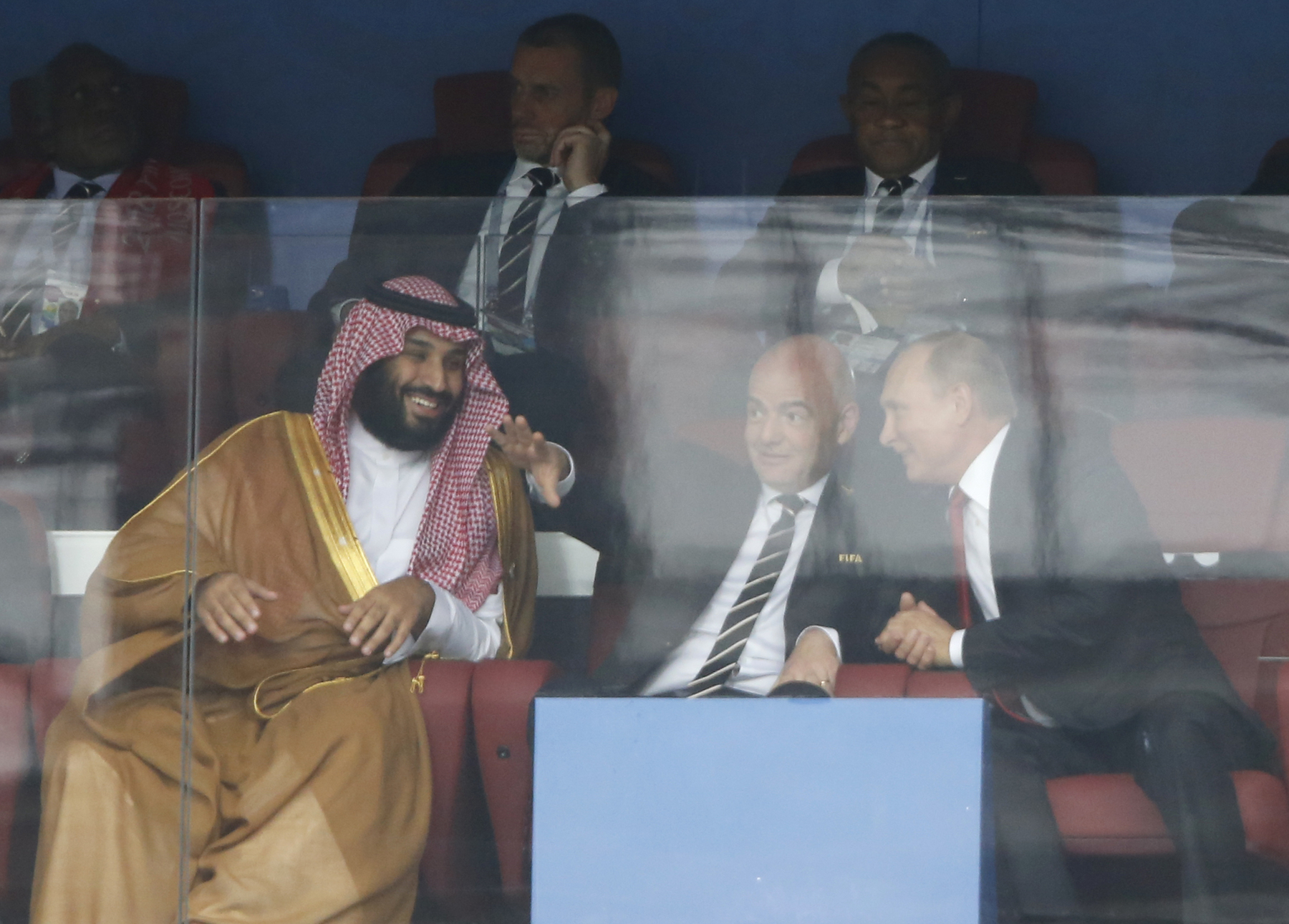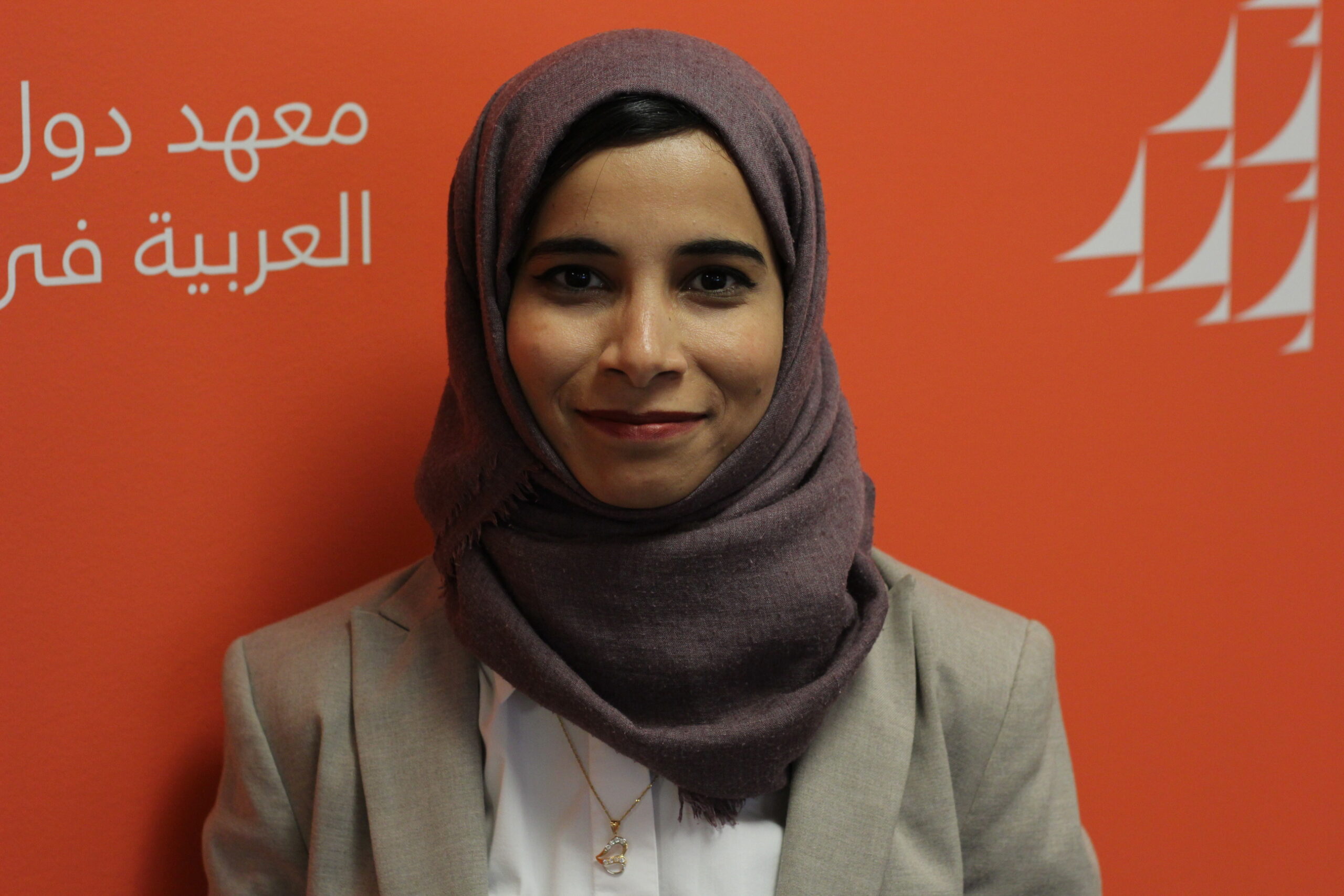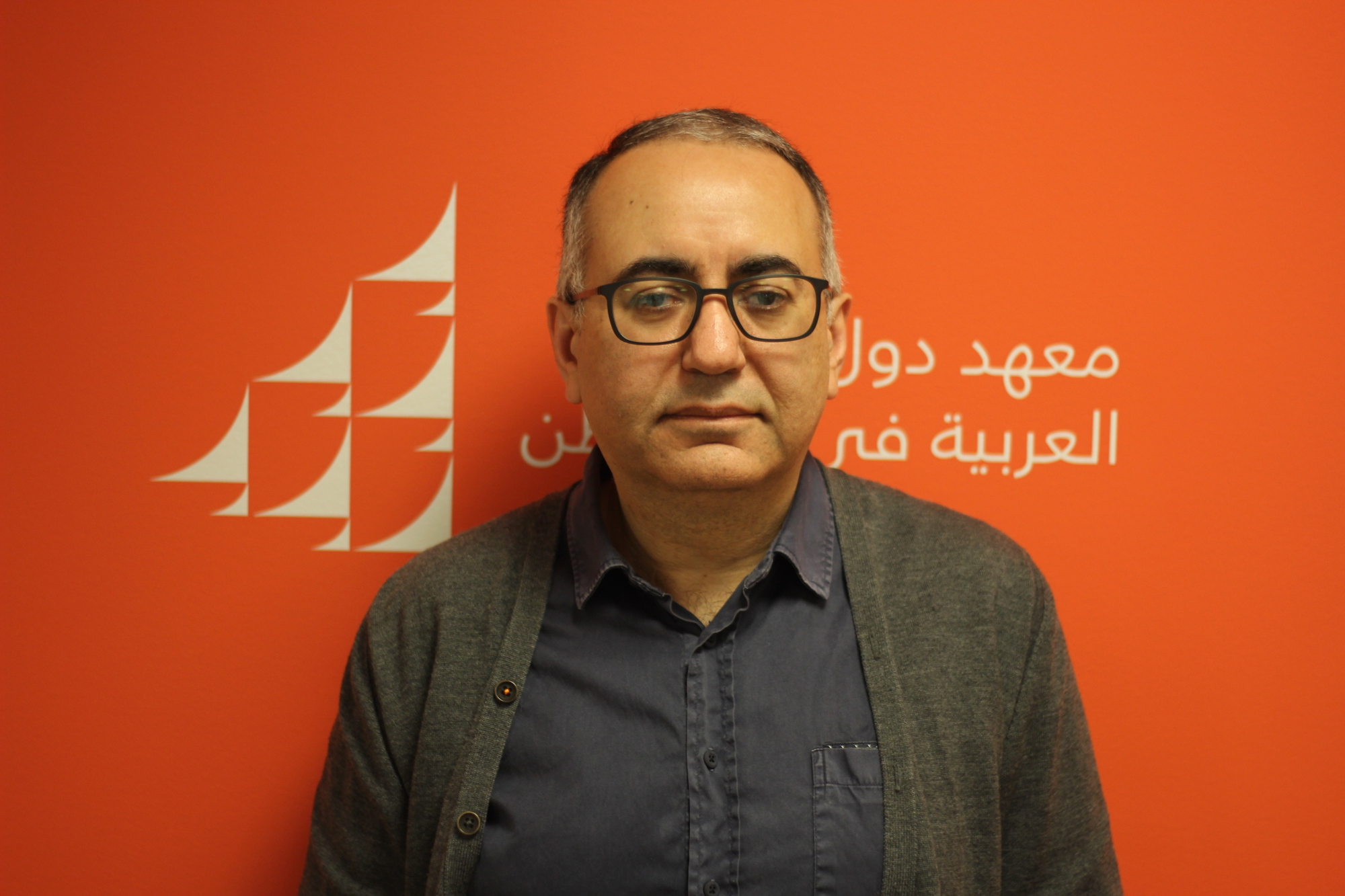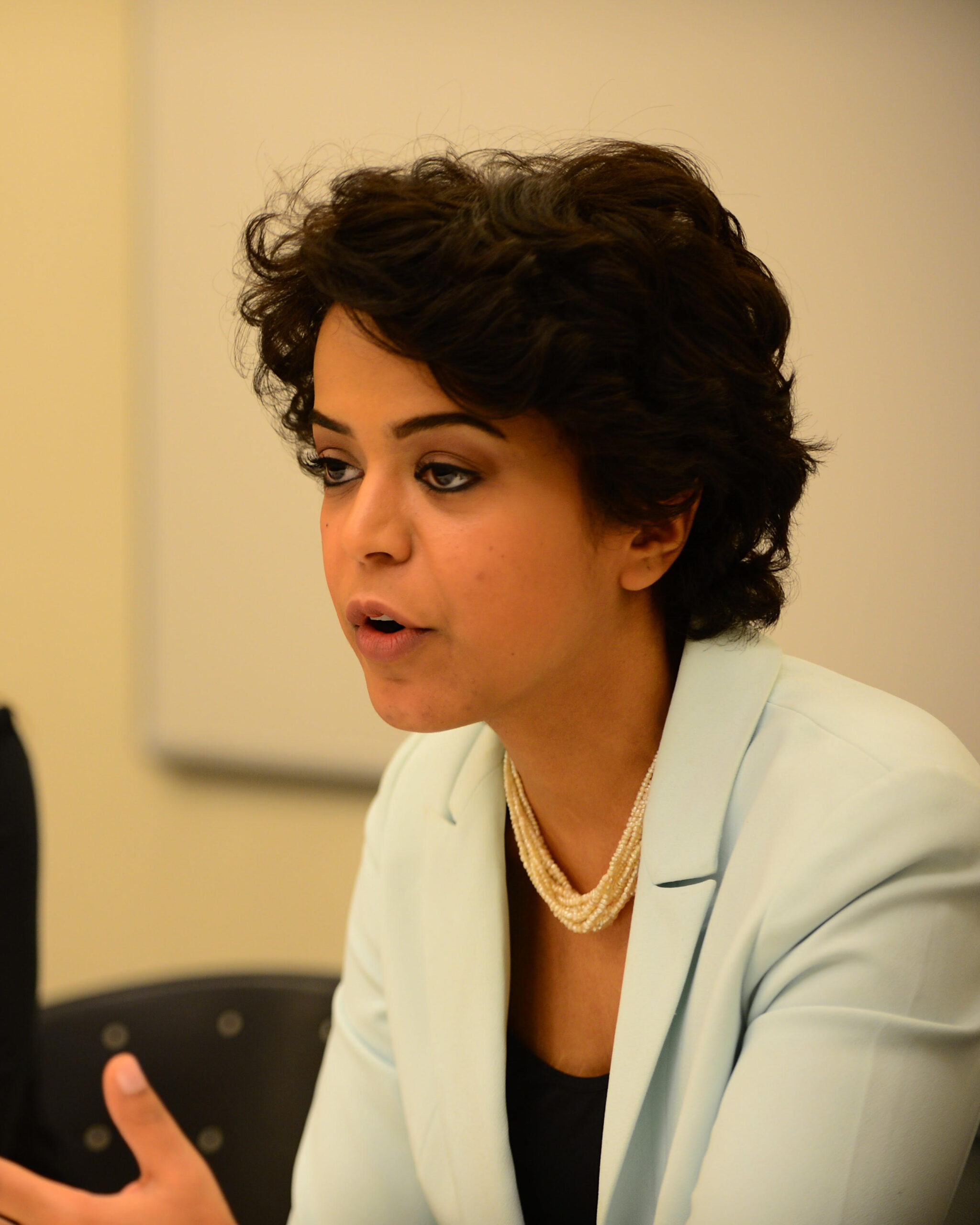Saudi Arabia
Aug 2, 2018
Saudi Arabia and Climate Change: From Systematic Obstructionism to Conditional Acceptance
Saudi Arabia, the world’s largest oil producer, is expected to double its greenhouse gas emissions by 2030 compared to 2014 levels. With its annual emissions growth rate of 0.6 percent and slow movement to diversify the economy away from oil – even with its current proposed commitment to reduce annual emissions by up to 130...
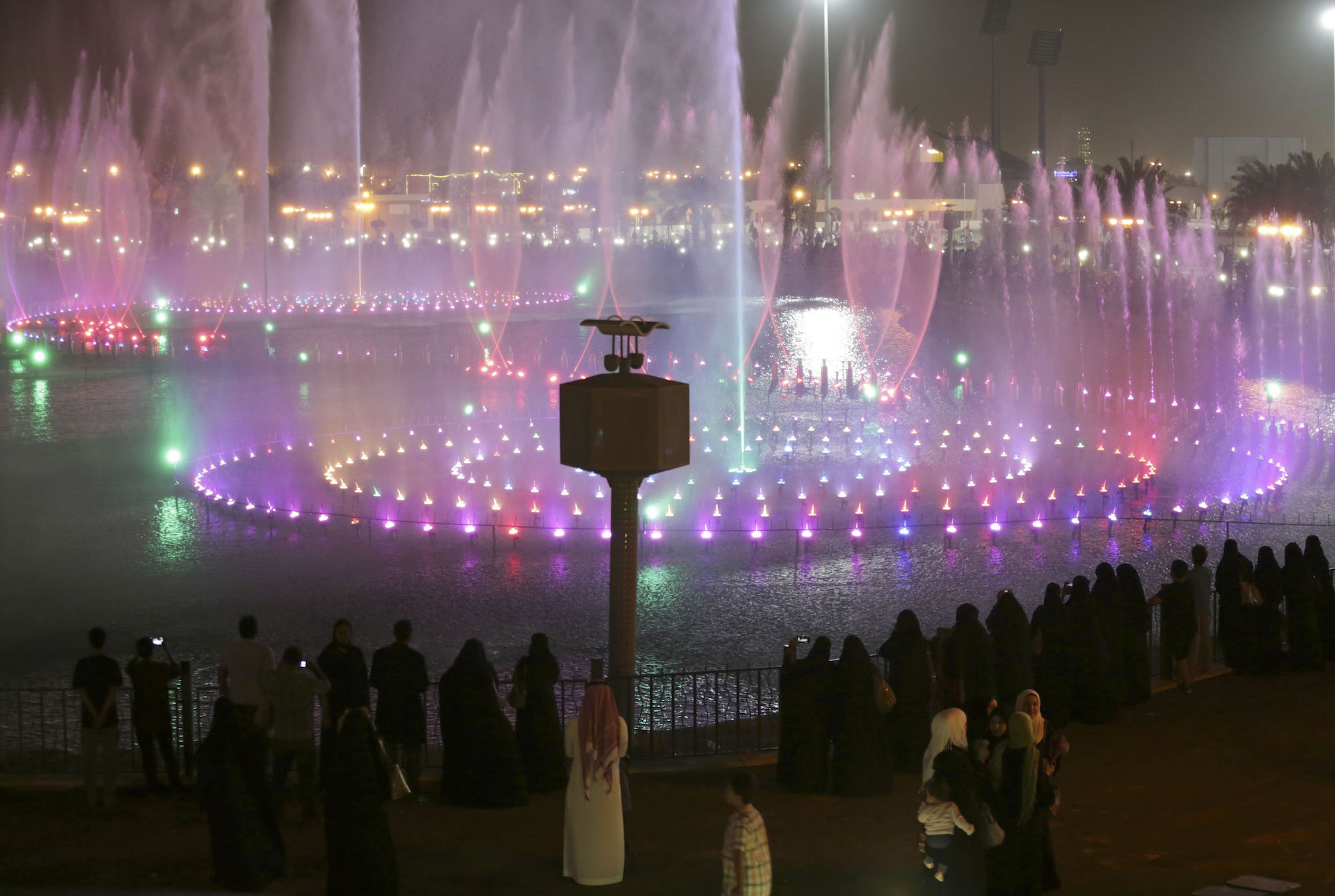
Jul 24, 2018
The Gulf Arab States in Venice: Architecture, Representation, and the Perils of Politics
Five Arab countries are participating in the 2018 Venice Architecture Biennale, including, for the first time, Lebanon and Saudi Arabia. Largely considered one of the most significant architectural gatherings in the world, it is an event that draws practitioners, academics, and critics. Over the last few years there has been an increased presence from the...
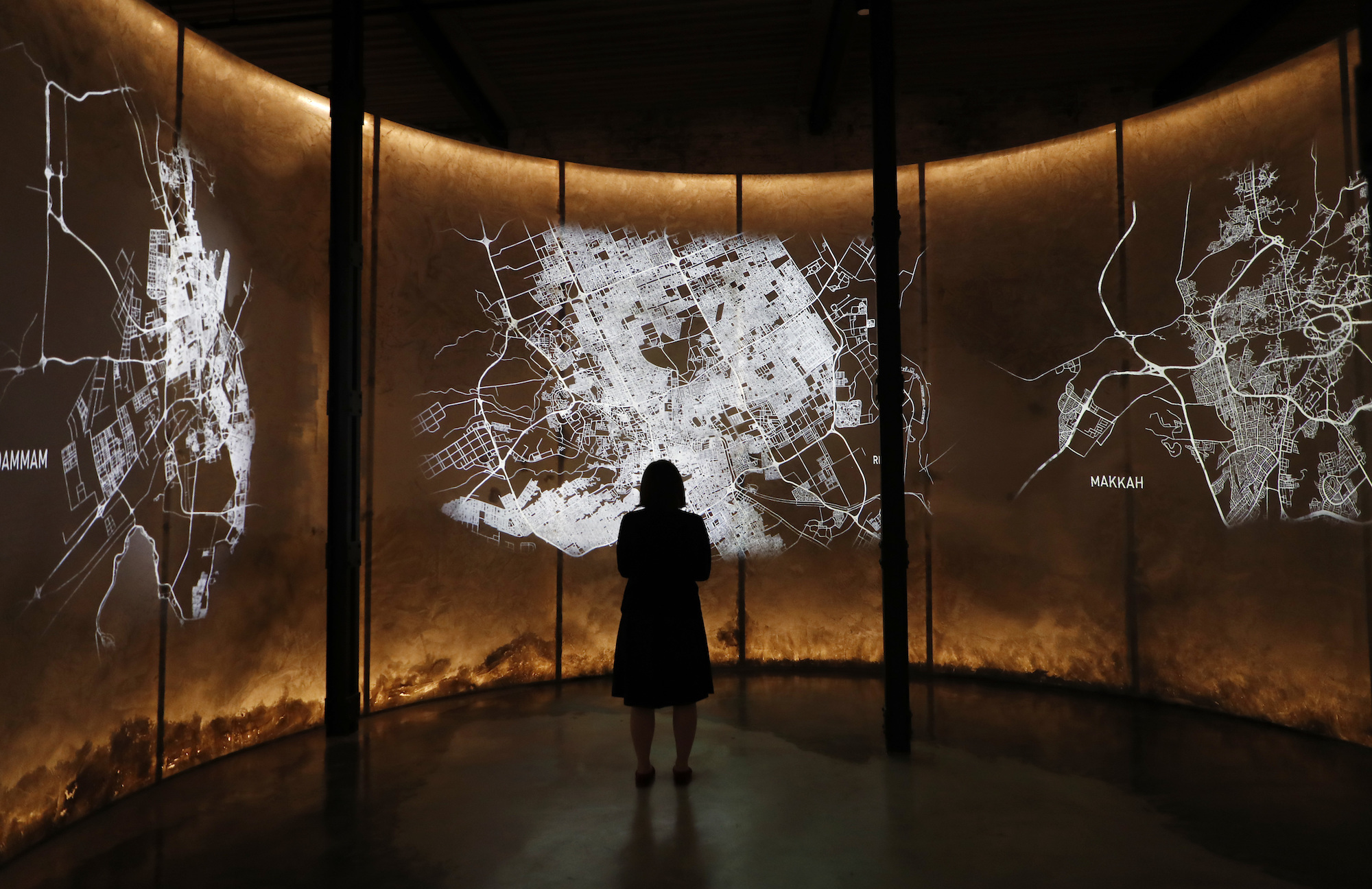
Jul 16, 2018
Privatization in Saudi Arabia: Vision 2030 Ready to Sell
This post is part of an AGSIW series on Saudi Vision 2030, a sweeping set of programs and reforms adopted by the Saudi government to be implemented by 2030. While an Aramco initial public offering (IPO) has moved to the backburner of Saudi Arabia’s, and more importantly, Crown Prince Mohammed bin Salman’s, priorities, there have been...
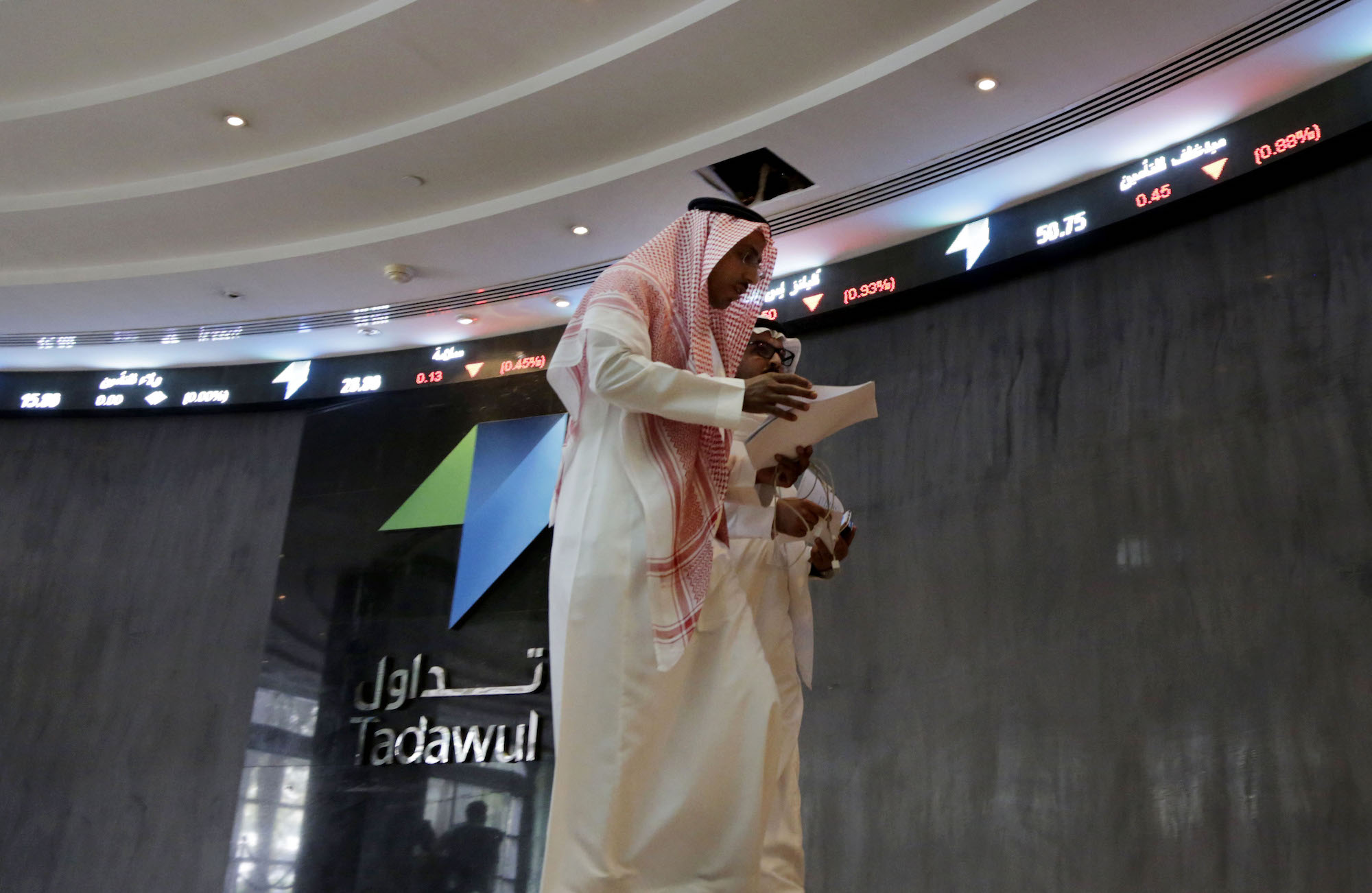
Jul 9, 2018
Creative Coworking in Saudi Arabia and Kuwait
When it comes to workspace trends, coworking has quickly risen to the top over the last two years. In 2017, 1.1 million people set up shop at a coworking space worldwide, and the Gulf Arab states are no exception. Coworking spaces have grown quickly in Dubai, Riyadh, Doha, and other major urban hubs, and while...
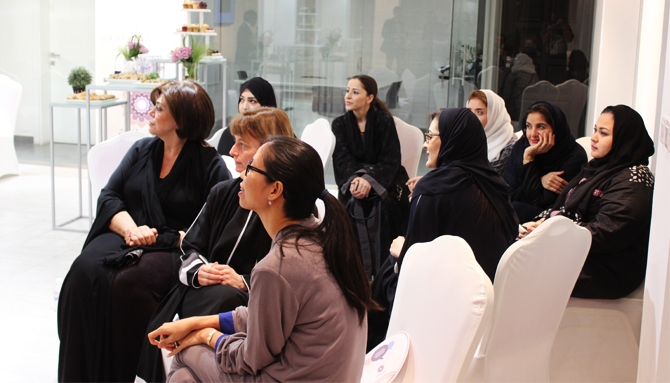
Jul 9, 2018
Implications of Climate Policies for Gulf States’ Economic Diversification Strategies
The Intergovernmental Panel on Climate Change’s Fifth Assessment Report indicates that each of the last three decades has been successively warmer at the Earth’s surface than any preceding decade since 1850. According to the report, fossil fuels (coal, oil, and gas), which account for over 85 percent of global energy consumption, have contributed significantly to...
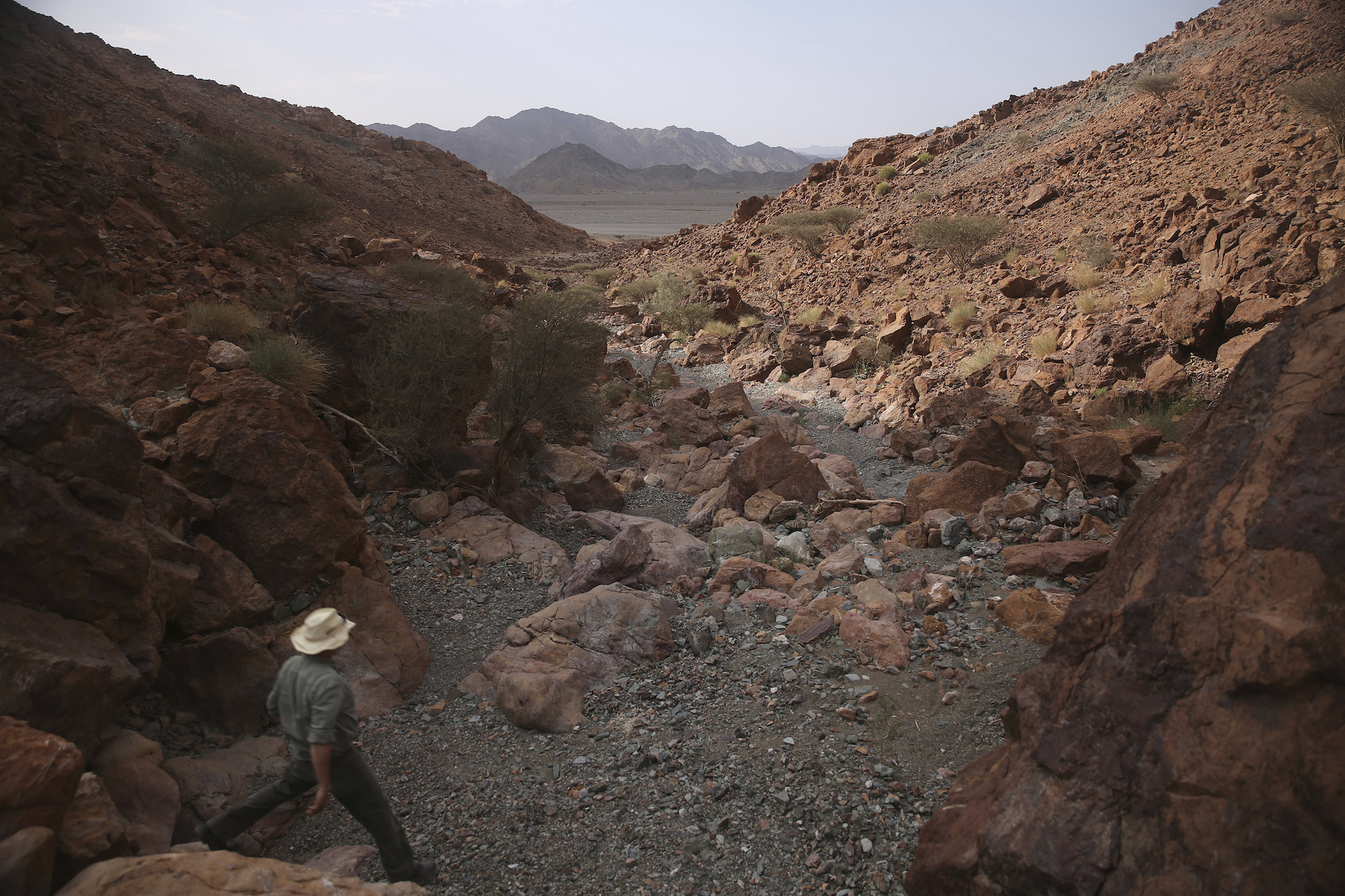
Jun 28, 2018
Gulf Rising: GCC-Horn of Africa Relations
On June 28, AGSIW hosted a public panel discussion on GCC-Horn of Africa relations. Part of the Gulf Rising series, speakers explored the regional and domestic issues that have defined the Gulf states’ foreign policy choices toward Horn of Africa countries and vice versa, as well as the implications for regional stability and U.S. interests....
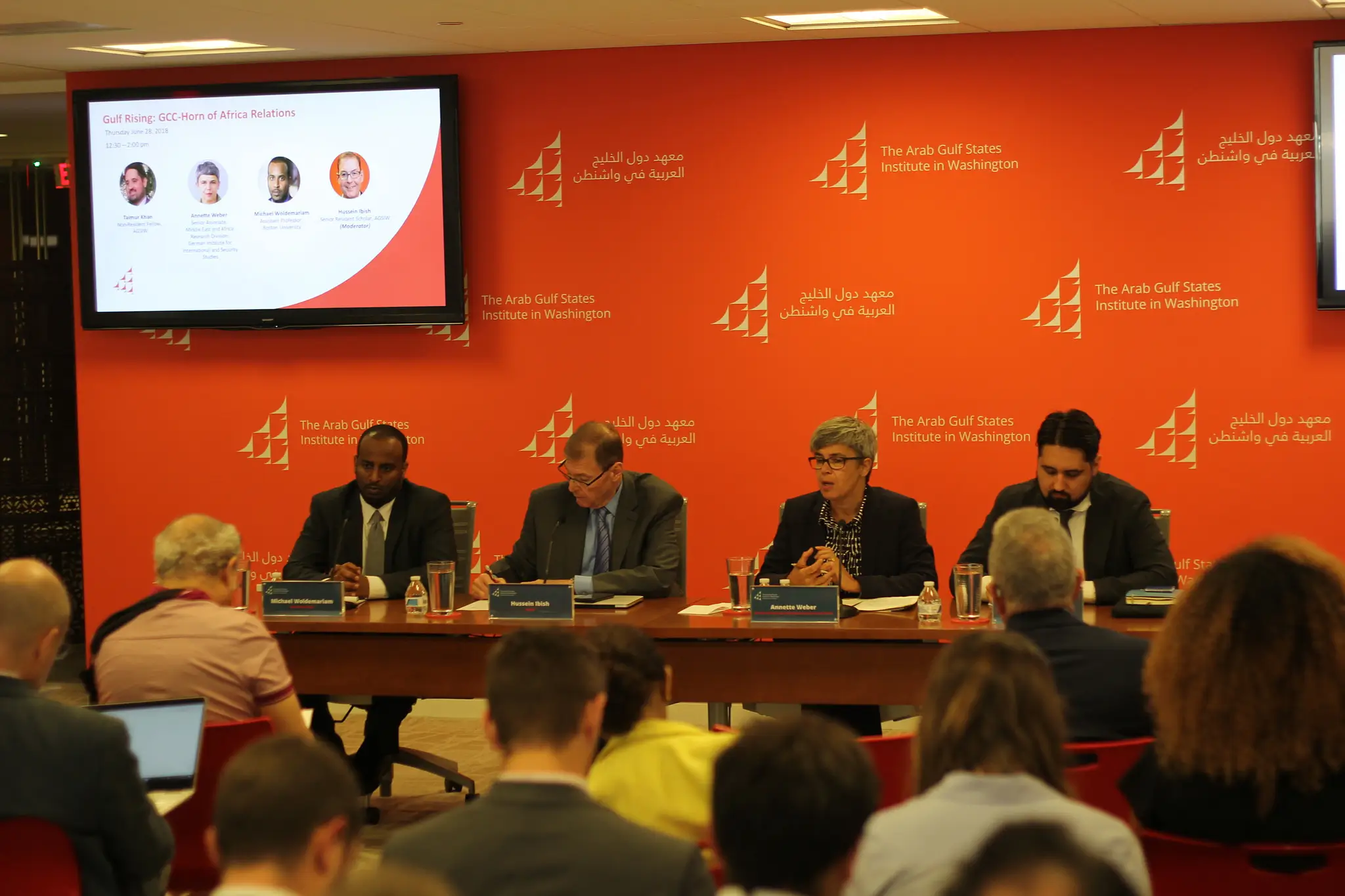
Jun 27, 2018
The Enlightened Sheikhs of the New Saudi Arabia
For decades, the religious establishment in Saudi Arabia succeeded in maintaining a homogenous religious discourse. Saudi intellectuals and academics have repeatedly voiced their concern over the rigidity of the discourse, yet most government-affiliated, and even unaffiliated, scholars refrain from contesting it. The small number of clerics who have done so fell from grace with the...
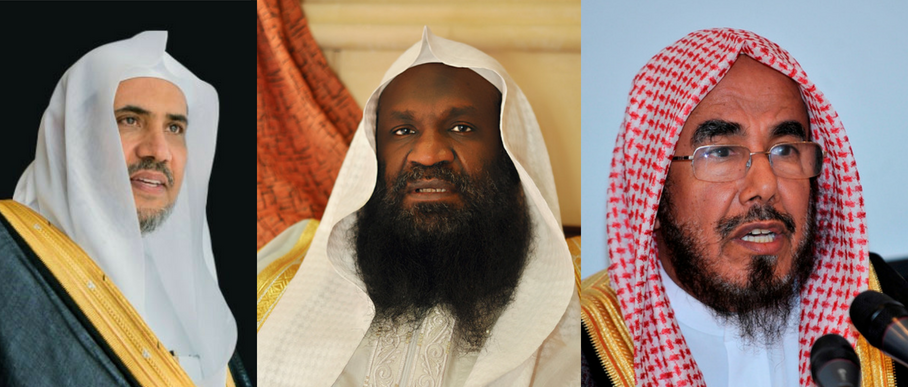
Jun 20, 2018
Riyadh and Abu Dhabi Draw Closer to Moscow
While on a “working visit” to Moscow, Abu Dhabi Crown Prince Mohammed bin Zayed al-Nahyan met June 1 with Russian President Vladimir Putin, and the two leaders signed a Declaration of Strategic Partnership between Russia and the United Arab Emirates. Two weeks later, Saudi Crown Prince Mohammed bin Salman met with Putin in Moscow, where...
